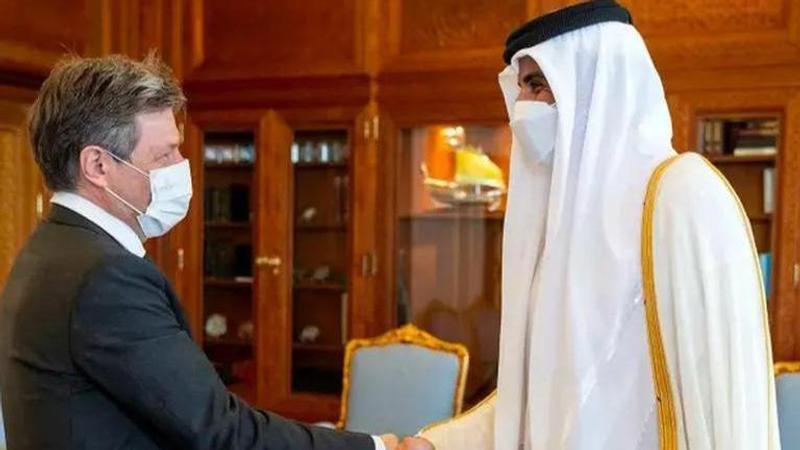Published 14:53 IST, April 11th 2022
After facing rejection from Gulf nations, EU turns to Middle East & Mediterranean for gas
The European leaders approached the gas and oil-rich Gulf Cooperation Council members to avert any energy crisis after imposing limiting Russia's energy.

As several European countries imposed sanctions on Russia for escalating the war on Ukraine, its intention to decrease its dependency on Russian oil and gas seems in trouble. The European countries at first approached the Gulf nations to meet their demands but after facing failure in securing a deal with the Gulf nations, it has now turned towards the Middle East and the Mediterranean regions.
Notably, Europe depends on Russia for roughly 40% of its natural gas needs. Currently, the European leaders have vowed to reduce their dependence by two-thirds.
Earlier last month, the European leaders approached the gas and oil-rich Gulf Cooperation Council (GCC) members to avert any energy crisis after limiting its dependency on Russian energy resources. The European leaders asked the GCC to increase the production of hydrocarbon. However, GCC reportedly denied delivering the need saying constraints in production and the fact that most of their future production is locked in long-term contracts with Asian clients.
In March, this year, US, UK and Germany personally approached Saudi Arabia and the United Arab Emirates to increase the production of hydrocarbon but it seems their demands were dismissed there also.
Mohammed Bin Salman ignores Biden's call
Besides, German Economy Minister Robert Habeck during his visit to Doha claimed Qatar has vowed to help Berlin in securing energy needs. "We might still need Russian gas this year, but not in the future," Habeck added. He also acknowledged that the previous German government had made a mistake by becoming dependent on Russian gas supplies.
According to a report by ANI, earlier last month, US President Joe Biden tried to call Mohammed Bin Salman to ask Saudi Arabia to increase its oil supply, but he didn't accept. Now, both the EU and the US are re-examining the feasibility of the building of pipelines that will carry natural gas from the Eastern Mediterranean to Europe, the EastMed Pipeline, or a pipeline transporting Israeli gas to Turkey and from there to Europe.
Recently, while addressing reporters, Israeli Energy Minister Karine Elharar has confirmed that the EU has approached them for natural gas. However, he acknowledged that Israel could provide Europe with 10% of the gas it currently buys from Russia.
Image: AP
Updated 14:53 IST, April 11th 2022




